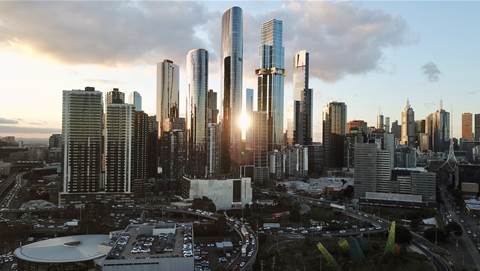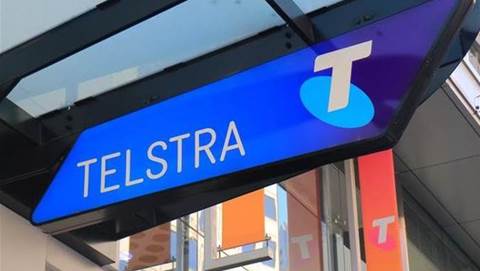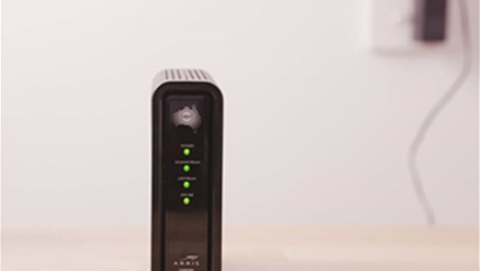Australia's telecommunications industry body has accused the Government of leaving two crucial requirements out of its proposed site-blocking bill, labelling the draft legislation "deficient".

Late last month Communications Minister Malcolm Turnbull introduced the controversial Copyright Amendment (Online Infringement) Bill to allow content owners to apply for non-Australian websites faciliating online piracy to be blocked.
The Government had revealed its plans to tackle online copyright infringement last December as part of its demand that internet service providers develop an industry online copyright infringement code.
In a discussion paper on the issue last year, the Communications Alliance warned that site blocking could be a "relatively blunt instrument".
It said at the time it would only give its support to such a proposal if rights holders were required to meet ISPs' costs in implementing a website block, and if they were to indemnify the ISP against damages claimed by a third party.
However, the Comms Alliance today pointed out that neither requirement has been included in the Government's bill.
"It was partly on the basis of these two assurances that industry gave cautious support to the website blocking proposal. But these two elements appear to be missing from the amending legislation," the organisation wrote.
"Initial feedback from Government officials as to the absence of these elements in the bill has suggested that these matters would be dealt with by the court on a case-specific basis when considering injunctive applications.
"Even if this were to be the case, the Government’s stated intentions on this issue should be clearly spelled out in the bill and the associated explanatory memorandum, so that the court has the benefit of a clear indication of the Government view."
The Comms Alliance today went beyond its initial position, arguing that cost recovery for ISPs should not only cover implementation of a block, but also any legal costs.
It referenced the recent case of Dallas Buyers Club vs iiNet, in which the rights holder was ordered to cover both the cost of the proceedings and iiNet's implementation costs for meeting the preliminary discovery order.
"An ISP should properly be regarded as a third party to the proceedings, against whom an injunction is granted," the Comms Alliance argued.
"A website blocking injunction is like a third party injunction, notwithstanding that the ISP is a named party to the proceedings. There is no finding of knowledge or fault on the part of the ISP.
"Therefore rights holders should be required to meet the reasonable costs of the ISP that are associated with compliance with the order."
How to block
There is currently no mention in the Government's bill of how a service provider should implement a website block.
The Comms Alliance said this exclusion raised significant issues due to the number of ways a website can be blocked - and the disastrous consequences should the wrong approach be taken.
In March 2013, the Australian Securities and Investment Commission accidentally blocked 250,000 websites in an attempt to shut down just 1200 after being unaware a single IP address could host multiple websites.
The Comms Alliance said ISPs typically blocked websites for Interpol requests at the Domain Name System (DNS) level, or by employing a filter on the network edge routers or core routers, blocking access to specific IP addresses.
ISPs should be able to choose which method to use following discussion with the rights holder, the Comms Alliance said, but called on the Government to clarify its stance "as a matter of urgency".
"Should courts decide to order that more complex and costly blocking methods be used, this needs to be taken into account in the court order as it relates to compensation for ISPs’ implementation costs," the organisation wrote.
More broadly, the Comms Alliance recommended the bill be amended to define the terms "online location" and "website"; to make it clear the legislation only applies to overseas websites; and to explicitly state that rights holders are to meet an ISP's legal and implementation costs.
The bill also must be changed to ensure that technical issues - such as appropriate checks are undertaken before a block is initiated - are addressed, and to allow a rights holder to bring a site blocking application against more than one ISP to avoid customers swapping providers to avoid a ban, the organisation said.
The Government has estimated compliance with the scheme would cost internet service providers $130,000 per year.


















.png&h=141&w=208&c=1&s=1)

